This article was co-authored by David Schechter, MD. Dr. David Schechter is a physician in Culver City, California. With over 25 years of experience as a family and sports medicine physician, Dr. Schechter specializes in mind-body medicine, preventive medicine, and chronic pain. Dr. Schechter received his MD from New York University and is an attending physician at Cedars-Sinai Medical Center. He was named a Top Doctor by Los Angeles Magazine and Men's Health Magazine. He has also written several books, including The MindBody Workbook.
This article has been viewed 54,235 times.
If you have pleurisy, it's important to find ways to control your pain so that you can enjoy life and breath easier. Pleurisy is a condition in which the membrane around the lungs is inflamed and then doesn’t move as it should when you breathe. To ease this pain immediately, you can use a variety of at-home treatments. It’s also helpful to have excess fluid in the membrane removed and to treat the underlying condition, which can eliminate the pain in the long run. With a combination of approaches, you can ease your pain and hopefully reduce its occurrence in the future.[1]
Steps
Relieving Pain with Home Treatments
-
1Take over-the-counter pain relievers to reduce pain. Pleurisy usually causes a sharp pain in your chest while you inhale. Over-the-counter pain medications, such as ibuprofen or anti-inflammatories, can do a lot to reduce pain. Follow the directions on the packaging for dosing and the length of time you can take the medication without a break.[2]
- If your over-the-counter pain medication is not providing enough relief, talk to your doctor about increasing your dose or getting a prescription for stronger pain medication.
-
2Take a cough suppressant to avoid painful coughing fits. If you are coughing a lot, you should take over-the-counter cough medicine to minimize it. Follow the dosing directions on the packaging but try to take the syrup right when your coughing begins.[3]
- If an over-the-counter cough syrup doesn’t work well enough, ask your doctor about getting a prescription for a codeine-based cough syrup. Codeine-based cough syrups work very well at suppressing coughing.
- Codeine may be prescribed, but it is potentially addictive and can cause side effects, such as shortness of breath, sleepiness, dizziness, and constipation. Follow your doctor's directions for use closely, especially if you are combining it with acetaminophen.[4]
- Pleurisy can be an especially painful condition when you are coughing, as the coughs exert a lot of pressure on the membrane around the lungs.
Advertisement -
3Position your body so that pain is minimized. In many cases of pleurisy pain, just moving your body can change the amount of pain you are having. For example, many people have some relief when they lay on the side of their lungs that is painful.[5]
- Adjusting your position and lying on the painful area will minimize how much the membrane around your lungs is able to move when you breathe in and out.
-
4Rest your body as much as possible. Deep breaths can make the pain of pleurisy much worse, so it’s a good idea to eliminate activities that cause you to breathe deeply. Don’t exercise or exert yourself if you don’t have to while you are coping with this condition.
- Many cases of pleurisy go away on their own in a few days or weeks depending on its severity. During this time you should try to move as little as possible to keep the stress on your lungs as low as possible.
Getting Medical Treatments
-
1Try having excess fluids removed with an outpatient medical procedure. This procedure is called a thoracentesis. It is done by inserting a needle into the chest between the ribs and then drawing the fluid out of the area around the lungs.[6]
- You will sit in a chair or on a hospital bed while the doctor inserts the needle and draws the fluid out.
- Your doctor may numb the area where the needle is going to be inserted but you will likely experience some discomfort while it is happening.
- Once the fluid is drained, your pain will be minimized because there will be less pressure on the pleural area.
-
2Have an inpatient procedure if your condition is severe. If your pleural space is full of fluid, this procedure can remove many cups of fluid and will require a plastic tube to be inserted into the chest. If you need this procedure, you will be admitted into the hospital for the entire duration.[7]
- This type of procedure can take several days to complete since it could take some time for all the fluid to drain out.
-
3Test the fluids that have been removed to get an exact diagnosis. Your doctor can use the fluids they remove to better understand your condition and to come up with an appropriate treatment plan. The doctor or their lab tech will look for signs of heart failure, tumors, fungal infections, bacterial infections, rheumatologic conditions, and tuberculosis in the fluid, which are all common causes of pleurisy.[8]
- Discuss your diagnosis thoroughly with your doctor before beginning your treatment.
-
4Take prescription medications to treat the underlying cause of your condition. Once your doctor figures out what is causing your condition, they will be able to prescribe you medication to treat its cause.[9] Common prescription medications that are used to treat pleurisy include:
- Antibiotics for bacterial infections
- Antifungal medications for fungal infections
- Antitumor medications, such as chemotherapy drugs, for tumors
- Diuretics to treat heart failure
Expert Q&A
-
QuestionHow do I describe my pain to my doctor?
 David Schechter, MDDr. David Schechter is a physician in Culver City, California. With over 25 years of experience as a family and sports medicine physician, Dr. Schechter specializes in mind-body medicine, preventive medicine, and chronic pain. Dr. Schechter received his MD from New York University and is an attending physician at Cedars-Sinai Medical Center. He was named a Top Doctor by Los Angeles Magazine and Men's Health Magazine. He has also written several books, including The MindBody Workbook.
David Schechter, MDDr. David Schechter is a physician in Culver City, California. With over 25 years of experience as a family and sports medicine physician, Dr. Schechter specializes in mind-body medicine, preventive medicine, and chronic pain. Dr. Schechter received his MD from New York University and is an attending physician at Cedars-Sinai Medical Center. He was named a Top Doctor by Los Angeles Magazine and Men's Health Magazine. He has also written several books, including The MindBody Workbook.
Family Medicine Practitioner So one of the ways to divide pain would be acute, subacute, and chronic. Acute pain is sudden and lasts for 6 wees or less. Subacute pain lasts 6 weeks to about 3 months or so. Chronic pain lasts more than 3 months and may come or go. So that would be a division based on time. Another way to discuss pain is obviously the intensity. For this, you use a scale from 0 to 10. A 10 is the most intense pain you could possibly imagine or have experienced, and 0 would be the absence of pain. And so this is another way to try to calculate pain, since pain is ultimately a subjective experience inside of a person and so it's hard to measure it.
So one of the ways to divide pain would be acute, subacute, and chronic. Acute pain is sudden and lasts for 6 wees or less. Subacute pain lasts 6 weeks to about 3 months or so. Chronic pain lasts more than 3 months and may come or go. So that would be a division based on time. Another way to discuss pain is obviously the intensity. For this, you use a scale from 0 to 10. A 10 is the most intense pain you could possibly imagine or have experienced, and 0 would be the absence of pain. And so this is another way to try to calculate pain, since pain is ultimately a subjective experience inside of a person and so it's hard to measure it.
References
- ↑ https://my.clevelandclinic.org/health/diseases/21172-pleurisy
- ↑ https://www.nhs.uk/conditions/pleurisy/
- ↑ https://www.hopkinsmedicine.org/health/conditions-and-diseases/pleurisy
- ↑ https://medlineplus.gov/druginfo/meds/a601005.html
- ↑ https://www.nhs.uk/conditions/pleurisy/
- ↑ https://my.clevelandclinic.org/health/diseases/21172-pleurisy
- ↑ https://www.nhlbi.nih.gov/health-topics/pleural-disorders
- ↑ https://www.hopkinsmedicine.org/health/conditions-and-diseases/pleurisy
- ↑ https://www.aafp.org/afp/2007/0501/p1357.html
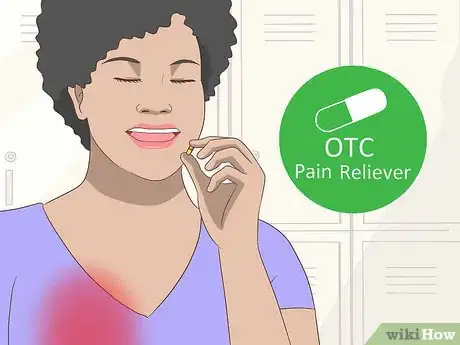

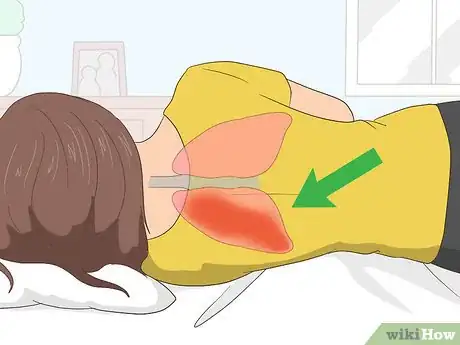

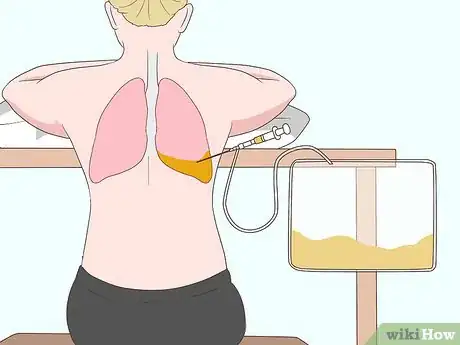
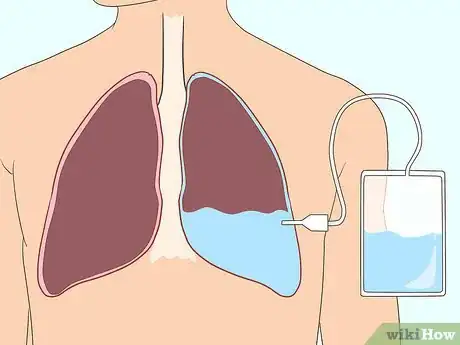
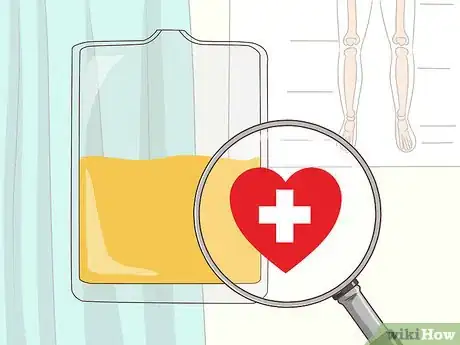

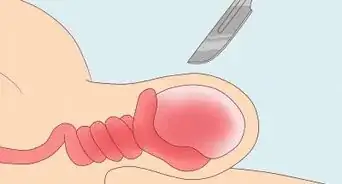







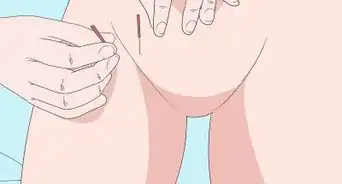



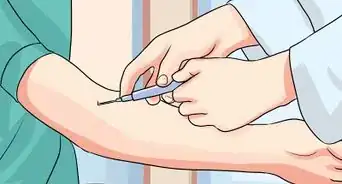








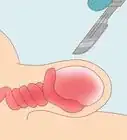






































Medical Disclaimer
The content of this article is not intended to be a substitute for professional medical advice, examination, diagnosis, or treatment. You should always contact your doctor or other qualified healthcare professional before starting, changing, or stopping any kind of health treatment.
Read More...